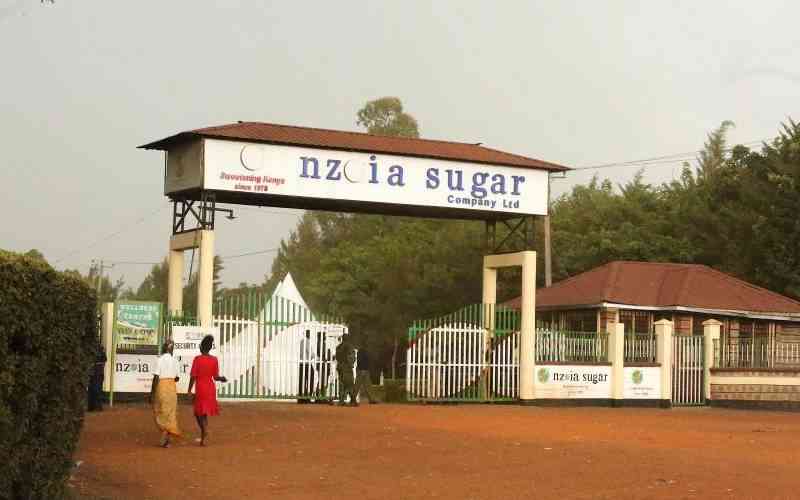×
The Standard e-Paper
Join Thousands Daily

Nzoia Sugar factory main gate on August 30, 2023. [Benjamin Sakwa, Standard]
The High Court has dismissed a petition filed by former Kanduyi MP Athanas Wafula Wamunyinyi seeking to block the leasing of Nzoia Sugar Company to West Kenya Sugar Company, clearing the path for the firm’s Sh5.76 billion investments in the ailing miller.